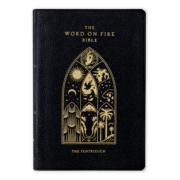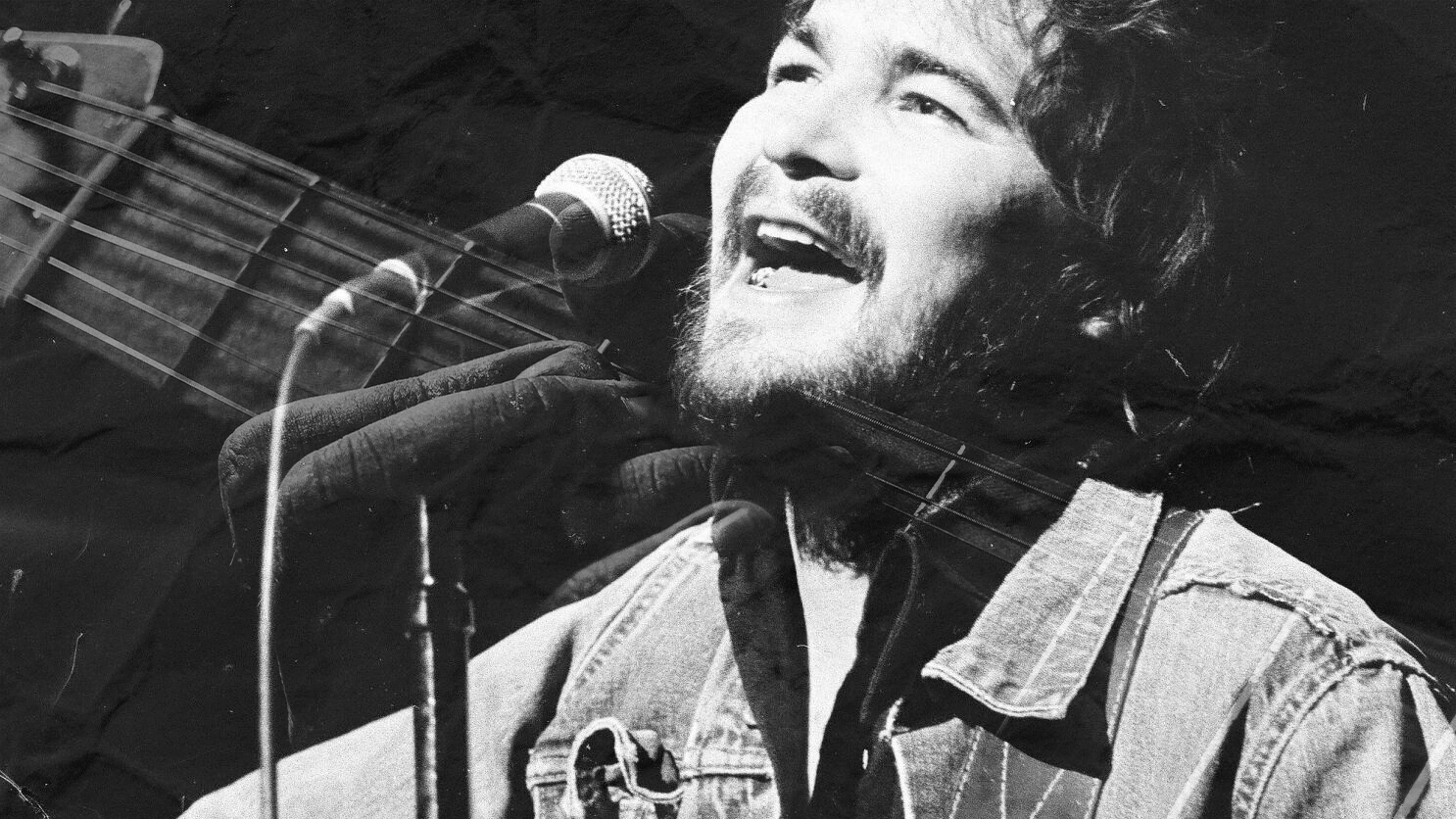The Appalachian Mountains are said to be nearly 500 million years old. Countless peoples have traversed them. Many have settled in them and built homesteads and churches and townships and family lineages that span centuries. The culture that arose in those mountains set the region apart from others due to its biblical, musical, and agrarian elements, and it is largely an untapped wellspring for the Catholic imagination. Aside from a few select Flannery O’Connor stories, a little attention given to Cormac McCarthy’s early novels, and a couple of recent releases from small Catholic publishing houses, the Appalachian dynamism seems to have gone largely unnoticed in Catholic circles. St. Basil the Great, in his “Address to Young Men on the Right Use of Greek Literature,” tells us that
just as it is the chief mission of the tree to bear its fruit in its season, though at the same time it puts forth for ornament the leaves which quiver on its boughs, even so the real fruit of the soul is truth, yet it is not without advantage for it to embrace the pagan [or secular] wisdom, as also leaves offer shelter to the fruit, and an appearance not untimely.
Those who truly seek to build Catholic culture and put forth the “leaves for ornament” to adorn the “real fruit” of the Gospel would do well to discover what Appalachia has to offer.
One such example in music is John Prine. Prine died in April 2020, and he has not been exempt from that postmortem spike in attention and appreciation that late, great musicians often receive. He was a highly revered songwriter during his lifetime who lived on the fringes of the American country and folk music scenes, and his songs are inspired by the stories of people and places all over the United States. He believed in God, though he was certainly not a good theologian (in one song, he sings, “Father forgive us / For what we must do / You forgive us / We’ll forgive you”), and he often criticized organized religion vehemently. Having lived much of his life in Tennessee, he was wary of evangelical Christians who considered the Bible to be a political tool, and a few years before his death, he said that he thought heaven had a bar because “if you get [there] . . . and all these people that are all such Christians are gonna be there, you’re going to need a drink.”
“I’ll be halfway to Heaven with Paradise waitin’
Just five miles away from wherever I am.”
In any case, few songwriters match Prine’s keen insight into the common, everyday plights of humanity. Many of his songs are grounded in the principle that the human person is a fallen creature, made for happiness but helplessly bound, both personally and socially, by sinfulness and corruption. One such example is the song “Paradise” from his eponymous 1972 album. “Paradise” laments the ruin of a small Kentucky town that has long been abandoned because the refuse from a nearby coal plant rendered it inhabitable. A largely autobiographical tune that hardly conceals the underlying social commentary, it also serves as a stirring lament for a world that is long gone but that the heart knows it belongs to and seeks fervently.
In the first lines, Prine sets the scene: the place in question, the song’s subject, and what it has to do with him. “When I was a child my family would travel / Down to Western Kentucky where my parents were born.” Much of what Prine holds dear is tied to the region: his family, his heritage, his childhood, and the simple, innocent life he once led. He regards the “backwards old town” with deep affection and thinks back on it often, so much so that his “memories are worn.” He longs to make a return in the first part of the chorus: “Daddy won’t you take me back to Muhlenberg County / Down by the Green River where Paradise lay?” His father’s response in the second part of the chorus is curt and sobering: “Well, I’m sorry my son, but you’re too late in asking / Mister Peabody’s coal train has hauled it away.” This same chorus repeats after every verse, just like a child nagging at his father over and over again for something he wants and the father having to repeat over and over again that what the child wants is impossible to get. That the town is called Paradise (and in fact it was called Paradise) is not just coincidental; Prine has made this town that is so fond in his memory into an ideal, reminiscent of Eden, and all the more so because Paradise once existed and has now disappeared forever.
Does not this same feeling of yearning for the impossible torment the human person who has fallen from grace? Every soul contains a hint of a memory of the place where our first parents came into being and would walk with God “in the cool of the day” (Gen. 3:8 KJV), where the human family once belonged, and which is the longing of every soul. And yet, as often as one might yearn for it, the response remains the same: “You’re too late in asking.” Whatever chance one had at making it to Eden in this life has been “hauled away” long ago as a consequence of sin.

While Prine gives a clear opinion on the ethics of coal mining in this song, the subject is not of concern here. That said, Prine’s description of the coal company’s activity in the third verse is filled with images that are fitting for a reflection on sin and its effects. Mister Peabody’s cohort enters Paradise with “the world’s largest shovel,” a symbol appropriate for any vice, and begins to abuse the land, “torturing” the forests and “stripping” the land of resources, never quitting until “the land was forsaken.” And when the work is done, “They wrote it all down as the progress of man.” Sin is a privation of good, a corrosive in the soul that leads to ruin. As the soul declines, the unrepentant sinner often attempts to excuse himself, shifting the blame or defending sins as necessary means to higher goods like pleasure or friendship or “the progress of man” or becoming “like gods” (Gen. 3:5 KJV). The result is always the loss of that for which one was made.
Such is the condition of all those who are born with original sin. We inherit a life and a world bereft of the means that we need to achieve our final end on our own. But to reckon with our present state is to find our cause for hope. By admitting our own incapacity, we make room for the saving grace that God freely gives and that gathers us into his own divine life. In this way, we can be in good company with Prine and sing with him, “I’ll be halfway to Heaven with Paradise waitin’ / Just five miles away from wherever I am.”
Appalachian songs and stories offer a rich avenue to contemplate one’s fallen nature and reorient oneself with a disposition to grace. They contain a world marked heavily by the beauty of God’s creation, steeped in the cosmos, fascinated with the moon, the stars, the forests, the hills, and the rivers, and preoccupied with the mysteries of life common to all people: the struggles, the joys, the temptations, the failures, the hopes and dreams, and the striving for happiness. With guides like John Prine, it is truly a world that gets us “halfway to heaven,” where a person can, more often than not, find himself in a community of searching hearts longing for redemption.
